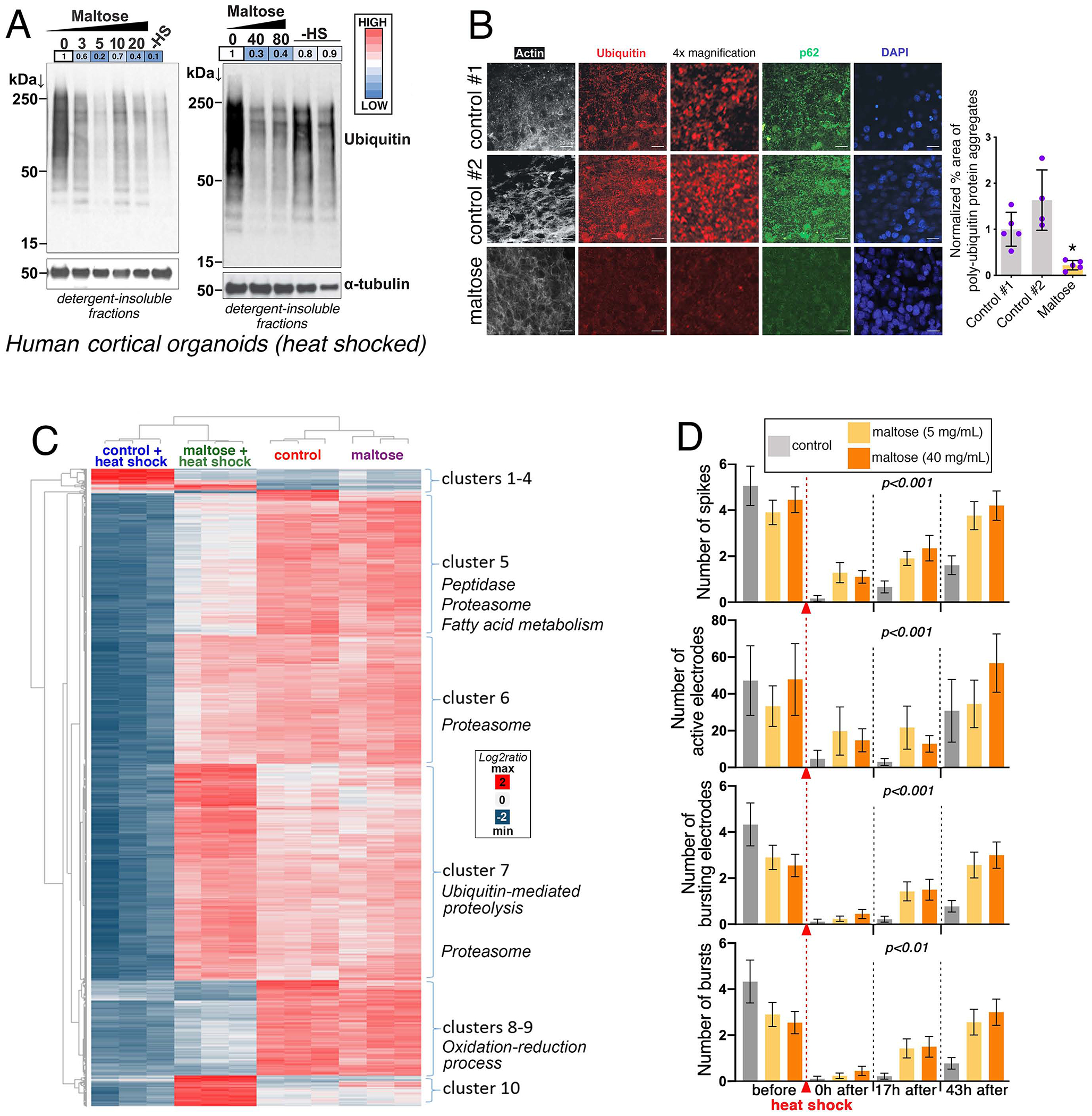Fig. 7. Maltose Preserves Protein Quality Control in Human Cortical Brain Organoids Challenged by Thermal Stress.

(A) Western blots of detergent-insoluble fractions from human cortical brain organoids treated with maltose (mg/mL) and heat shocked for 7h at 41.5°C. “-HS” denotes non heat-shocked control organoids.
(B) Immunostaining for ubiquitin and p62 indicates that maltose (40 mg/mL) prevents the accumulation of poly-ubiquitin protein aggregates after heat shock. The scale bar is 20 μm. The n and SD are indicated.
(C) Cluster analysis of RNA-seq data (n = 3; 2095 genes). Maltose partially prevents the gene expression changes induced by thermal stress and maintains the expression of genes involved in proteostasis.
(D) Multielectrode array recording of neuronal activity from cortical organoids treated with maltose and heat shocked (SEM with n=18 for each condition; each n represents a well with an organoid slice). Maltose treatment preserves neuronal activity, which is compromised by thermal stress. The p-value represents the row factor from two-way ANOVA, which indicates the effect of treatment at each time point (p<0.01).
Supplemental Fig. S7 reports additional data related to Fig. 7.
